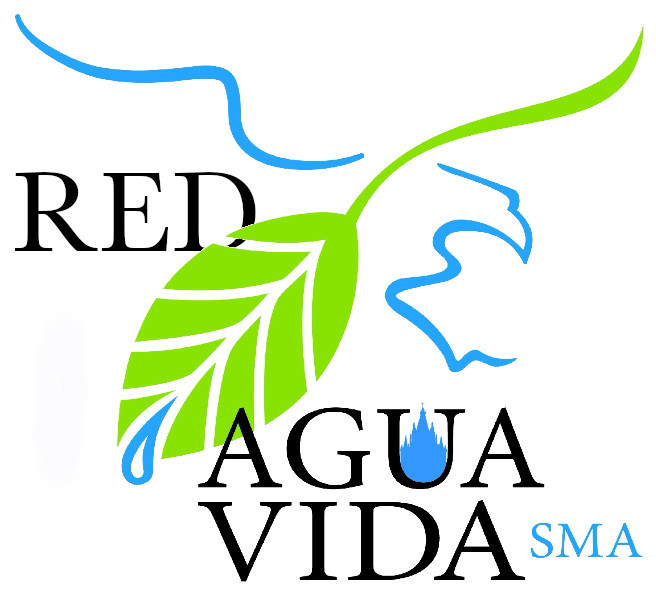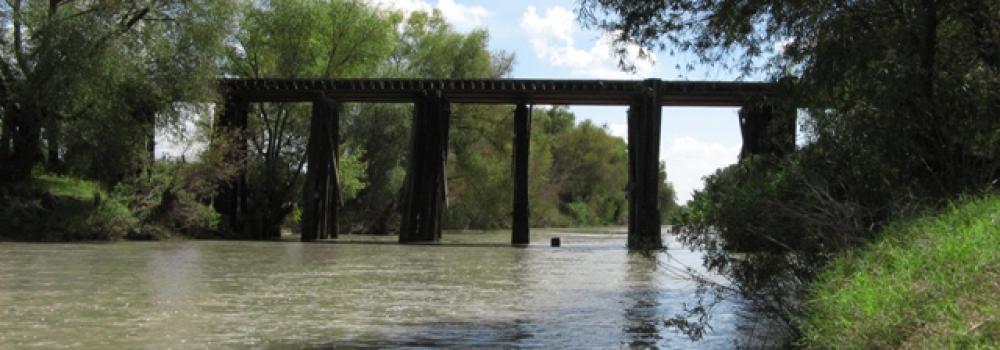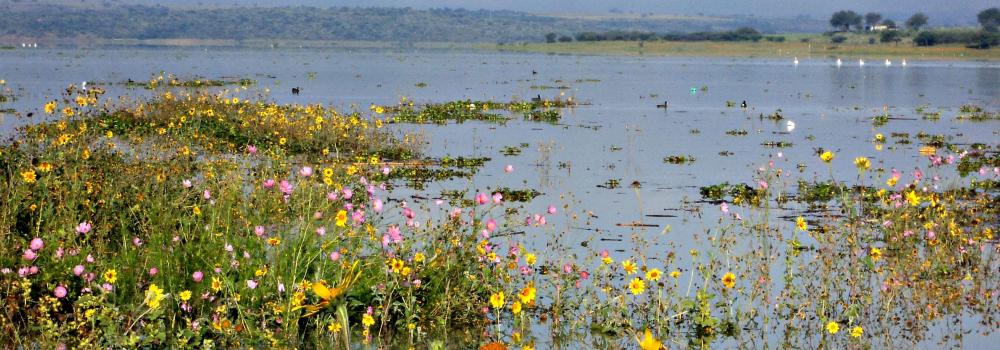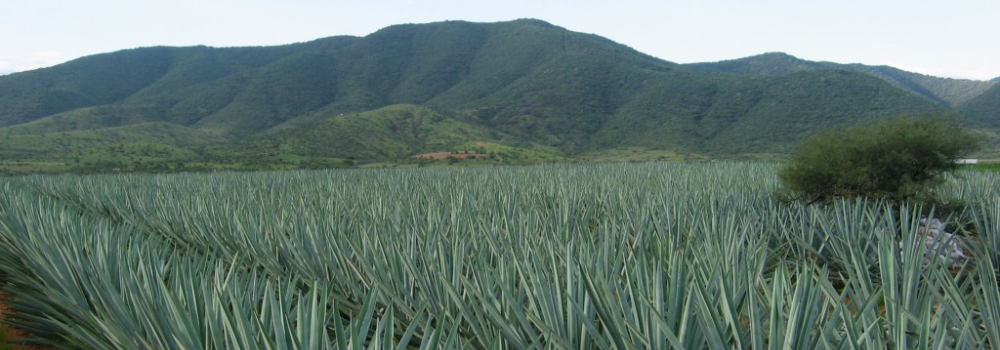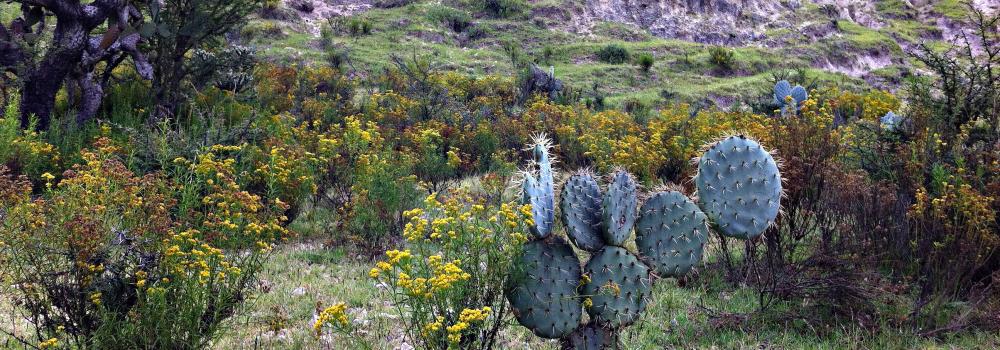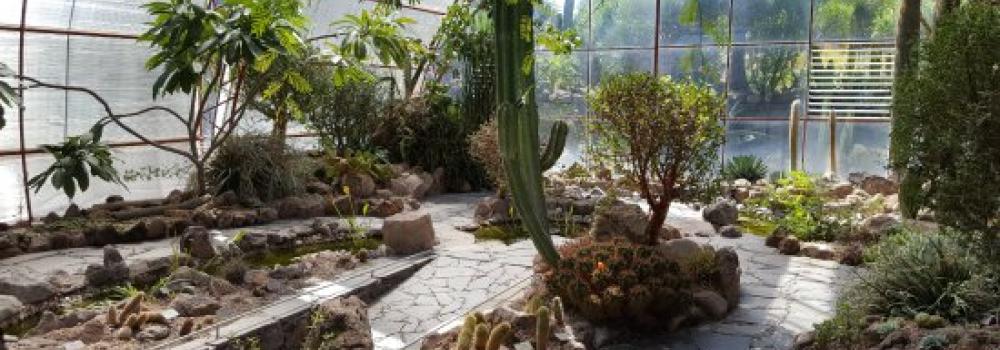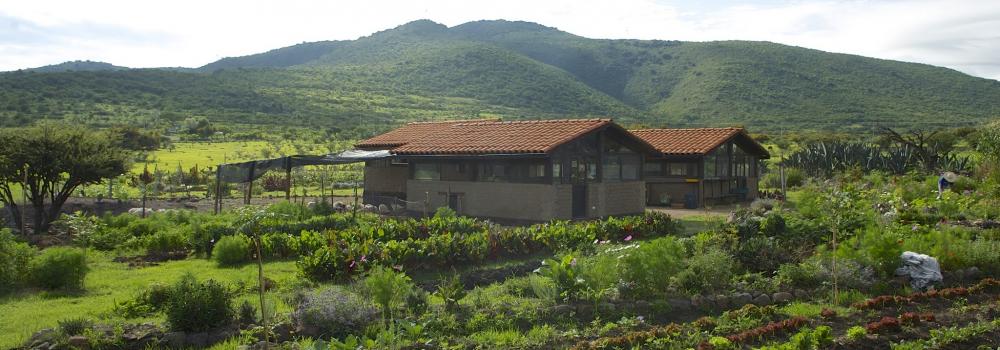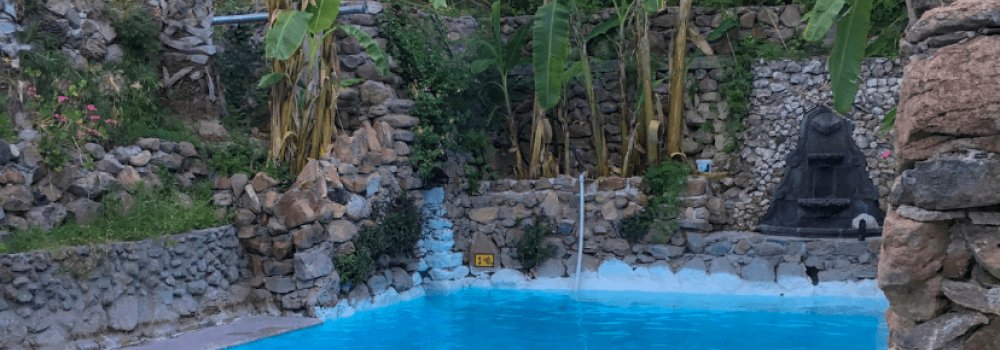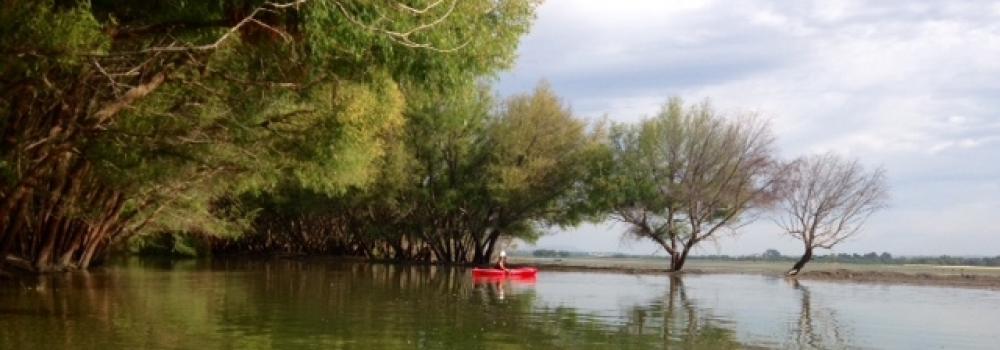On March 21, 2019, members of the AguaVida Coalition, which, at the time, consisted of 14 area NGOs, signed an agreement to begin discussions with the municipal government, including the municipal water authority SAPASMA, on a plan to identify problems and develop solutions to ensure water security for all in San Miguel de Allende. Representatives from the State Government's Department of Environment and Sustainability were also present to sign the agreement as witnesses.
In May of 2019, the AguaVida Coalition submitted recommended changes to the municipal construction code, which would require rainwater harvesting on all new developments. The code was broken down into two main points:
- All new development projects in the municipality, commercial or residential, must present a detailed rainwater harvesting plan, which needs to be authorized by the corresponding department. Plans must include best practices for rainwater harvesting systems (active and passive), and include: capture, distrutibion, storage, infiltration, and treatment of rainwater;
- For every m2 of roof surface in new residential and commercial developments, there must be a minimum of 0.4m3 of "active" rainwater storage, which is to say rainwater that is stored in either above ground or below ground cisterns.
Such a change would be the first of its kind in the country and put San Miguel on the map as a modern city in water management and innovation.
On September 1, 2019, the Coalition submitted a number of recommendations to the Municipal Planning Institute (IMPLAN) to be included in the new municipal planning document for 2040 (the Municipal Plan for Urban Development and Territorial Ecological Planning - PMDUOET). Proposals included updating the arsenic regulation in water to coincide with federal law (the municipality was using an outdated law from 1994 that had since been superseded five times in the previous decade); adding new certified water quality data that had been collected by academic institutions, certified labs, and others in previous decades (the municipality only cited one outdated study performed in 2006); and several proposals regarding rezoning, water use, discharge, and protecting and reforesting recharge zones throughout the watershed.
Subsequently, the Coalition held a press conference at Bellas Artes in downtown San Miguel regarding their proposals and their concerns over lack of transparency in the process. A video of the press conference and the press release they issued can be seen below.
